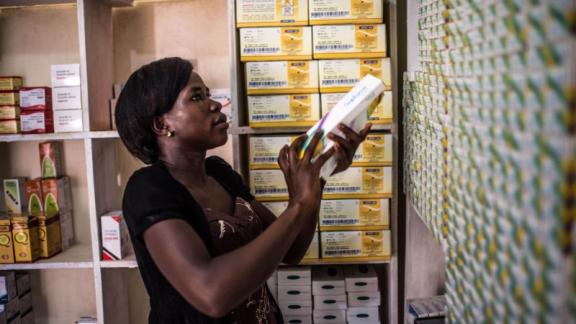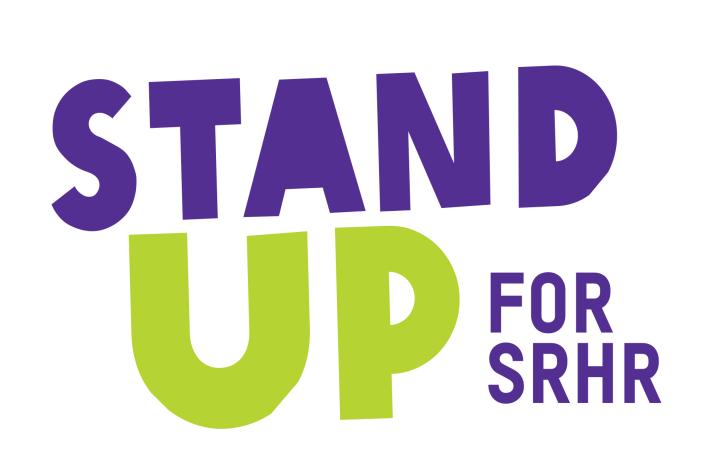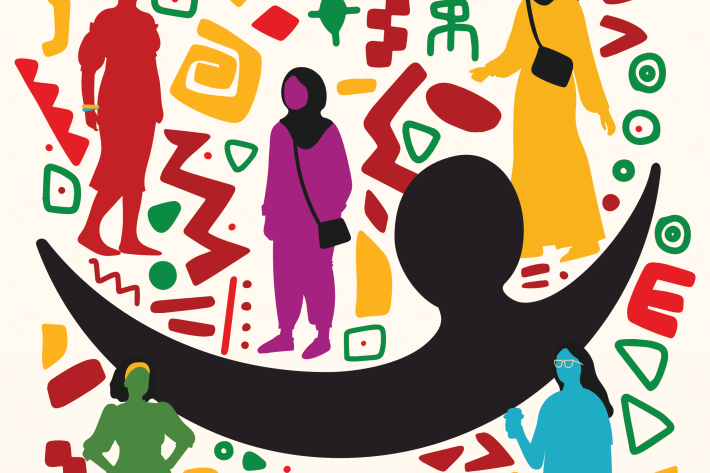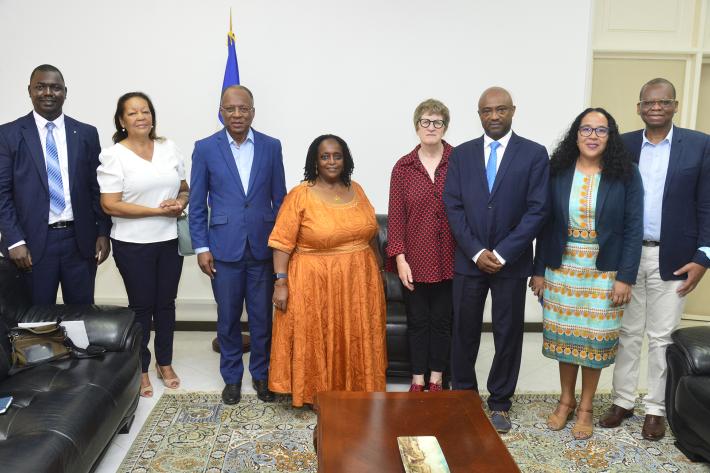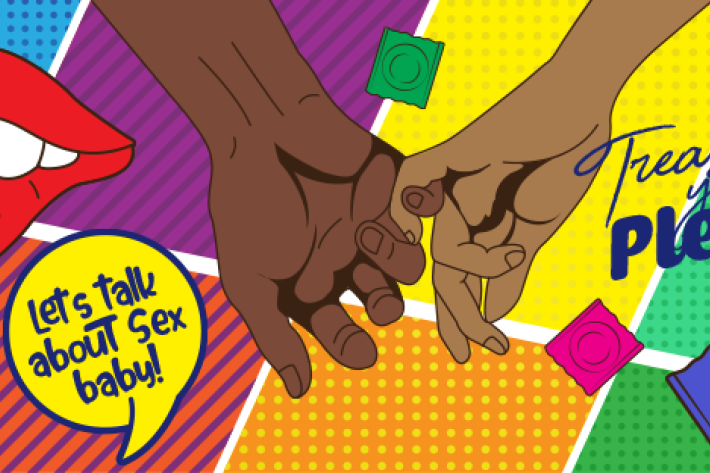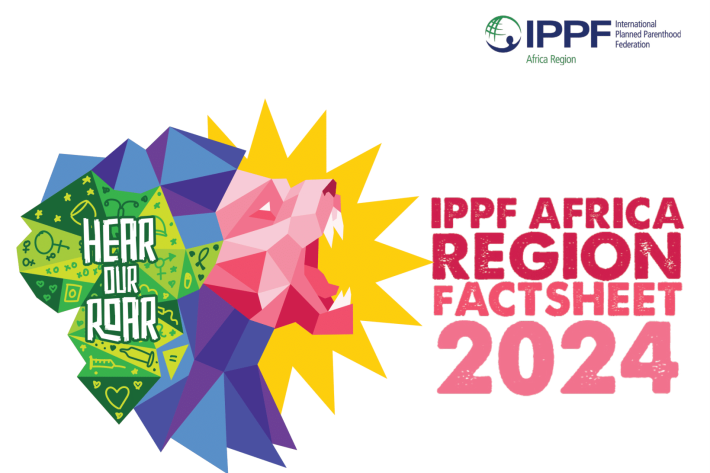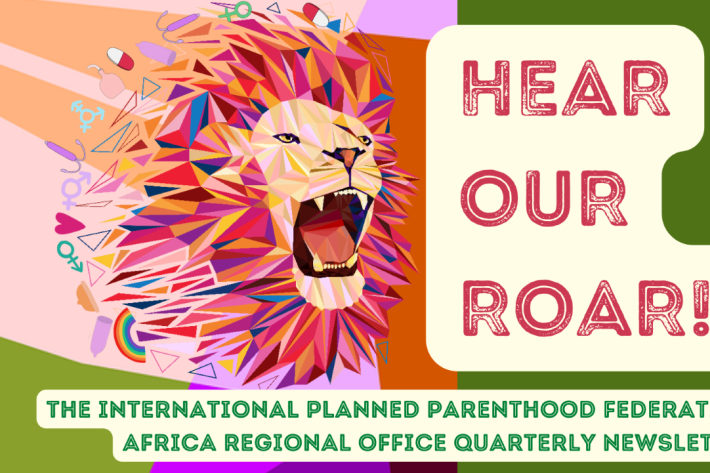Spotlight
A selection of resources from across the Federation
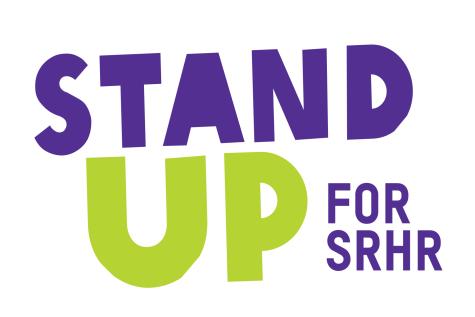
Mozambique, Uganda
Stand Up Factsheet 2025
Healthcare, Rights & Choice: The Stand Up Initiative in Action Imagine a world where every young woman and girl has the power to make informed choices about their sexual and reproductive health. That’s the vision of Stand Up for Sexual and Reproductive Health and Rights (Stand Up)—a groundbreaking 6.5-year initiative driving change in Uganda and Mozambique. Our Impact So Far: 6 service provision clusters established
Filter our resources by:


| 04 September 2018
The State of African Women Report
The State of African Women Report, published in 2018, delivers a ground-breaking pan-African review of the current status of implementation of continental commitments on women’s rights. Via in-depth case studies, it gives insight into the ways in which diverse actors can contribute to change. The report hopes to thereby inform and strengthen the work of diverse people and organisations fighting to make women’s rights a reality.

| 11 April 2018
+ Positive - A 6 Episode Series by YAM - Seychelles
This is a Youth Action Movement - Seychelles initiative that generates and shares factual information on Sexual and Reproductive Health for the Youth by the Youth. This youth-led production is an effort by DM studio introducing actor RamAce as the main actor alongside Josh Wilds. The series premiered it's first episode on the 1st of December 2017. Follow their work - https://www.facebook.com/YAMPositive/

| 13 March 2018
Social Accountability: Community-driven action for improved SRH service delivery and outcomes
There are huge disparities in provision of sexual and reproductive health services between the poor and better off populations. There is growing recognition that to redress the glaring inequalities and ensure accessible and equitable access to quality SRH services and information for all, those who are directly affected by these problems, need a strong voice. This will help express their preferences and opinions and influence decisions about public policies, programmes and distribution of national resources. This means that poor communities should be able to articulate their priorities and concerns; air their dissatisfaction with inadequate services or non-performance of service providers, and demand for responsiveness, transparency and accountability. Likewise, the responsible government officials and service providers have an obligation to listen to their feedback, explain why gaps exist, and take necessary steps to address them. Josephine Mutungi expounds further on this topic through in this publication.








